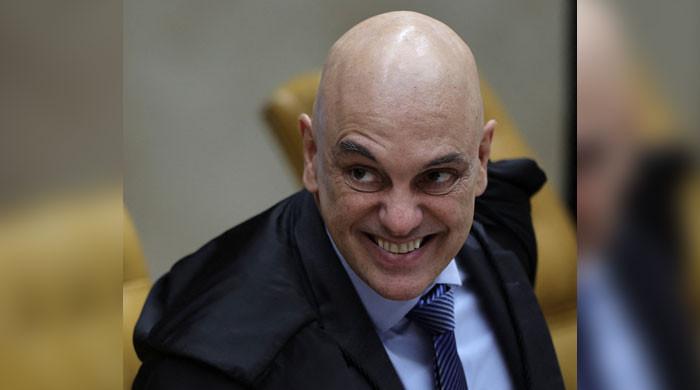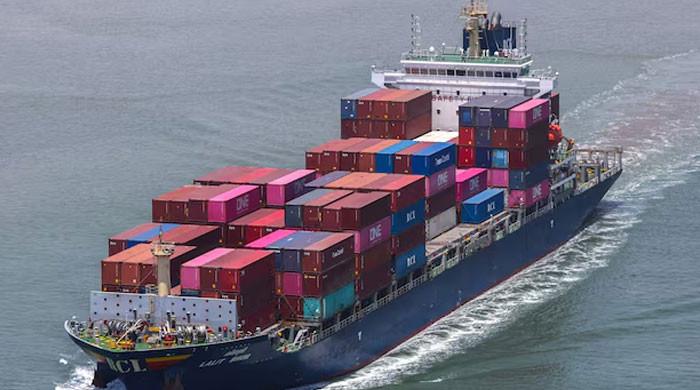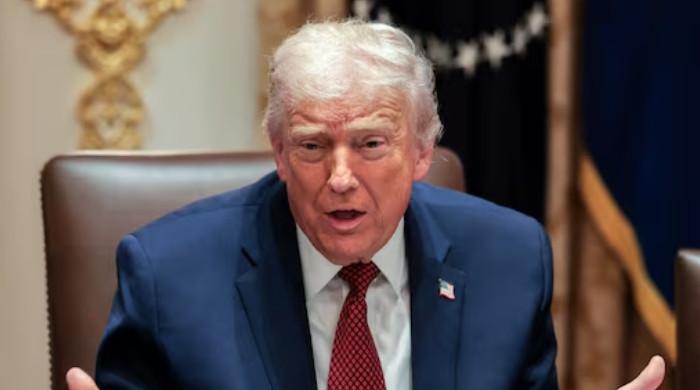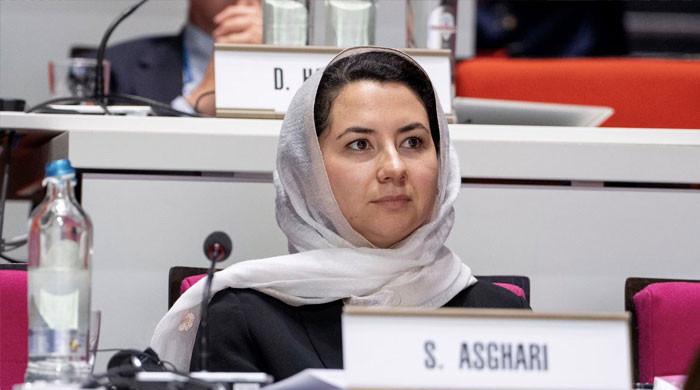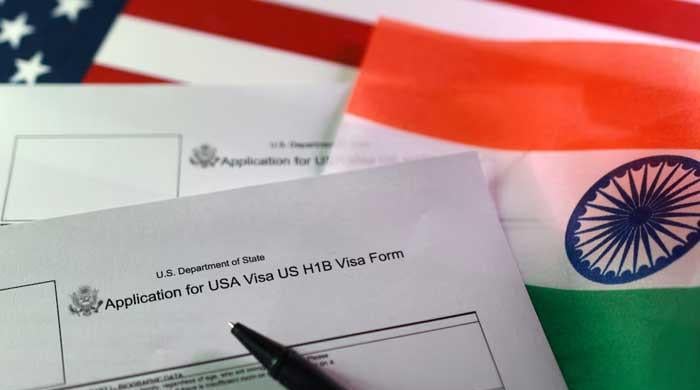India, China to withdraw from disputed border area by Sept 12: Indian FM
Indian and Chinese soldiers begin withdrawing from the Gogra-Hot Springs area in western Himalayas
September 09, 2022
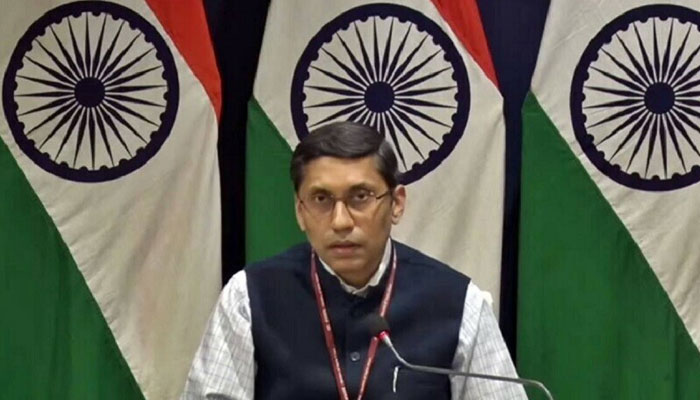
- Indian and Chinese soldiers begin withdrawing from the Gogra-Hot Springs area in western Himalayas.
- Move comes ahead of Chinese president and Indian PM's meeting in Uzbekistan.
- Two sides have agreed to cease forward deployments in this area, India FM says.
NEW DELHI: India's foreign ministry said on Friday that disengagement along a disputed border area with China where troops from both countries have been locked in a standoff for more than two years will be completed by Sept. 12.
Indian and Chinese soldiers began withdrawing from the Gogra-Hot Springs area in the western Himalayas on Thursday, after deadly clashes at the frontier in June 2020 strained diplomatic ties.
The move comes ahead of a meeting in Uzbekistan next week that Chinese President Xi Jinping and Indian Prime Minister Narendra Modi are expected to attend.
"The two sides have agreed to cease forward deployments in this area in a phased, coordinated and verified manner, resulting in the return of the troops of both sides to their respective areas," India Foreign Ministry spokesman Arindam Bagchi said in a statement.
All temporary structures in the area erected by both militaries will also be dismantled as part of the agreement, he said.
India and China share an undemarcated 3,800 km (2,360 mile) border, where their troops previously adhered to long-standing protocols to avoid the use of any firearms.
At least 20 Indian soldiers and four Chinese were killed in hand-to-hand fighting in 2020, when troops from the two sides clashed in the Galwan area of the Ladakh region that straddles the de facto border known as the Line of Actual Control (LAC).
"The agreement ensures that the LAC in this area will be strictly observed and respected by both sides, and that there will be no unilateral change in status quo," Bagchi said.




